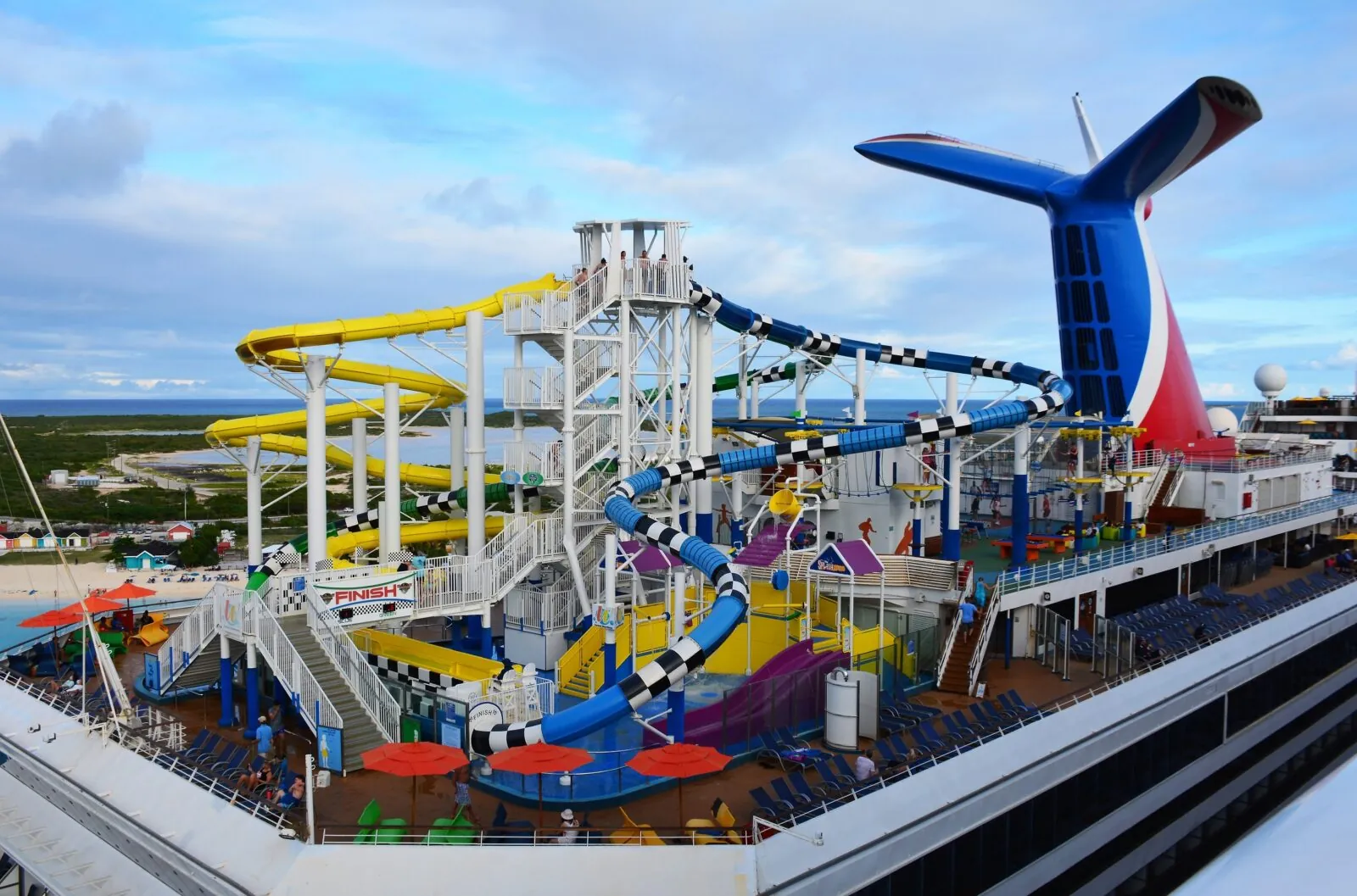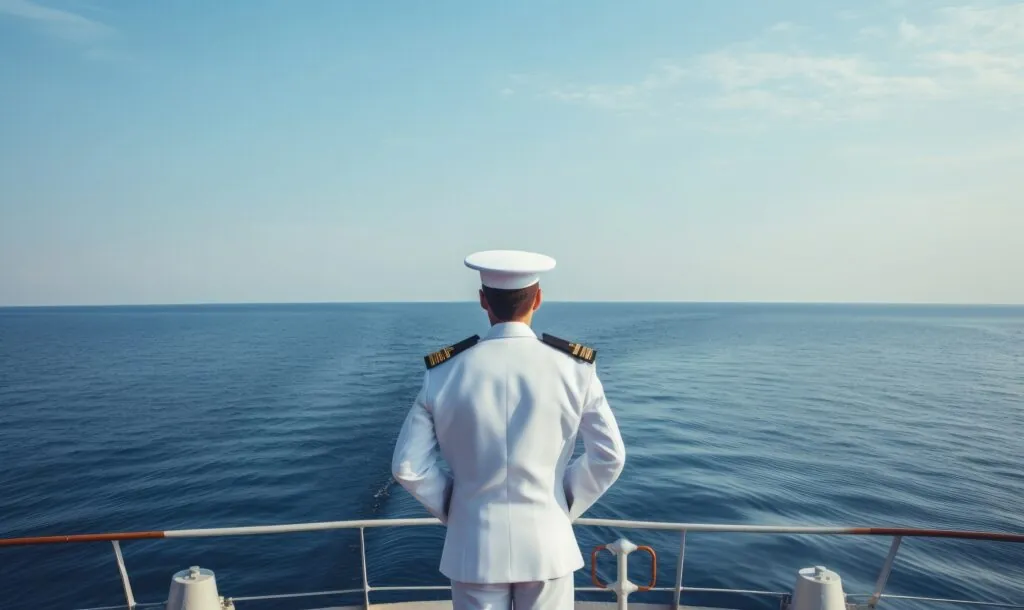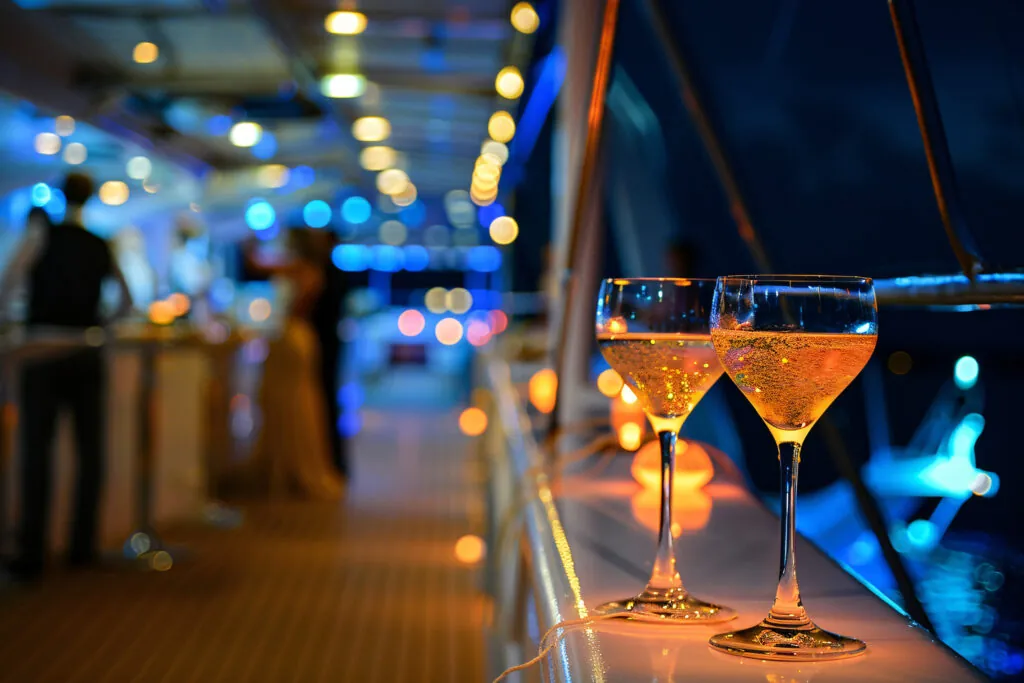Injuries During Onboard Recreational Activities: Who Is Liable?
Who Is Liable for Injuries During Onboard Recreational Activities? A Legal Guide for Cruise Passengers
Cruises offer a variety of exciting recreational activities, from water slides and rock climbing walls to surfing simulators and zip-lining. While these activities are meant to enhance the vacation experience, accidents can and do happen. Injuries sustained during onboard recreational activities can range from minor bruises to serious harm requiring medical attention—or even legal action.
Understanding who is liable for injuries sustained on a cruise ship is crucial for passengers seeking compensation for medical expenses, lost wages, or emotional distress. This guide explains the legal aspects of cruise ship injury liability, including cruise line responsibilities, third-party operators, equipment manufacturers, and passenger assumption of risk.
Cruise Lines & Vessel Operators: Duty of Care & Negligence
Cruise lines and vessel operators are responsible for maintaining a safe environment for passengers. This duty of care extends to the maintenance of equipment, supervision of activities, and provision of safety measures.
When Is a Cruise Line Liable?
A cruise line may be liable for injuries if it is found to be negligent. Common examples of negligence include:
Failure to Maintain Equipment
- Broken or malfunctioning fitness machines.
- Faulty water slides or pools.
- Worn-out or unsafe harnesses for climbing walls.
Inadequate Safety Measures
- No lifeguards at pools.
- Lack of warning signs for slippery decks.
- Failure to provide safety briefings before high-risk activities.
Untrained or Negligent Staff
- Instructors for onboard activities (e.g., rock climbing, bungee jumping) must be properly trained.
- Lack of emergency preparedness among staff.
Slippery Decks & Hazards
- Wet floors near pools or bars leading to slip-and-fall accidents.
- Unsecured furniture causing tripping hazards.
- Poorly lit hallways or staircases
Legal Basis for Liability
Cruise line liability is governed by maritime law, including:
- General Maritime Law: Covers negligence claims in international waters.
- The Jones Act & Passenger Vessel Liability: Passengers injured due to operational negligence may have claims under these laws.
- Cruise Passenger Ticket Contracts: Many cruise tickets contain liability waivers, but some of these can be challenged in court.
Third-Party Operators & Independent Contractors
Many excursions and onboard activities are operated by third-party vendors rather than the cruise line itself. If an injury occurs during one of these activities, determining liability can be more complex.
Examples of Third-Party Liability
- A parasailing company at a port fails to maintain its equipment, leading to an accident.
- A zip-lining tour provided by a local operator results in an injury due to faulty harnesses.
- A diving or snorkeling company fails to provide proper safety briefings, leading to drowning or decompression sickness.
Are Liability Waivers Enforceable?
Many third-party operators require passengers to sign liability waivers before participating in activities. While these waivers may discourage lawsuits, they are not always enforceable, especially if:
- The waiver was unclear or misleading.
- The injury resulted from gross negligence (i.e., reckless disregard for safety).
- The provider violated maritime safety regulations.
Equipment Manufacturers: Product Liability
Some onboard injuries occur not due to staff negligence, but because of defective equipment. In such cases, the manufacturer or supplier may be liable under product liability laws.
Examples of Defective Equipment Leading to Injury
- A jet ski malfunctions due to a manufacturing defect.
- A safety harness on a climbing wall breaks under normal use.
- A broken treadmill or exercise machine causes a passenger to fall.
Types of Product Liability Claims
Design Defects: The product was inherently dangerous in its design.
Manufacturing Defects: The product was built incorrectly, causing it to malfunction.
Failure to Warn: The manufacturer did not provide adequate safety instructions or warnings.
If an injury is due to faulty equipment, a passenger may be able to file a product liability claim against the manufacturer or distributor.
Passenger Liability & Assumption of Risk
Passengers also bear some responsibility when participating in recreational activities. If an injury occurs because a passenger ignored safety instructions, they may not be eligible for compensation.
When Passengers Assume Risk
- Ignoring safety instructions before using a water slide.
- Engaging in high-impact activities like bungee jumping or surfing simulators without proper training.
- Entering restricted areas despite clear warnings.
Exceptions to Assumption of Risk
A passenger may still file a claim if:
- The cruise staff failed to enforce safety rules.
- The equipment was defective or poorly maintained.
- The cruise line knowingly allowed unsafe conditions to persist.
Legal Jurisdiction & Challenges in Filing Claims
Filing a legal claim after an injury on a cruise ship is not as straightforward as filing a personal injury lawsuit on land. Different laws apply depending on where the accident happened.
Key Legal Considerations
- Cruise Line Ticket Contracts: Most cruise lines specify a forum selection clause, requiring lawsuits to be filed in a specific city (e.g., Miami for most U.S.-based cruise lines).
- International Waters vs. Port Jurisdiction: If an accident happens at sea, maritime law applies. If it occurs at a port stop, local laws may take precedence.
- Ship Registration: Many cruise ships are registered in countries like Bahamas, Panama, or Malta, affecting which laws apply.
What Should Injured Passengers Do?
If you are injured during a cruise ship activity, follow these steps to protect your legal rights:
Report the Incident Immediately
- Notify ship security or activity staff about the injury.
- Request a written report of the incident.
Gather Evidence
- Take photos of the accident scene, any defective equipment, and visible injuries.
- Collect witness statements from other passengers.
Seek Medical Attention
- Visit the ship’s medical center or a portside hospital.
- Get a copy of your medical report.
Review Waivers & Contracts
- Check your cruise ticket contract for liability clauses.
- Read any signed waiver agreements.
Consult a Maritime Injury Lawyer
- A lawyer specializing in cruise ship injuries can evaluate your case and help file a claim.
- Some lawyers work on a contingency basis, meaning no fees unless you win.
Contact The Cruise Injury Law Firm Today
Cruise ship injuries during recreational activities can lead to complex legal battles involving cruise lines, third-party operators, and manufacturers. Understanding who is liable is the first step toward seeking justice.
If you or a loved one was injured on a cruise ship due to negligence or faulty equipment, you may be entitled to compensation. Contact The Cruise Injury Law Firm today to discuss your legal options and protect your rights.






